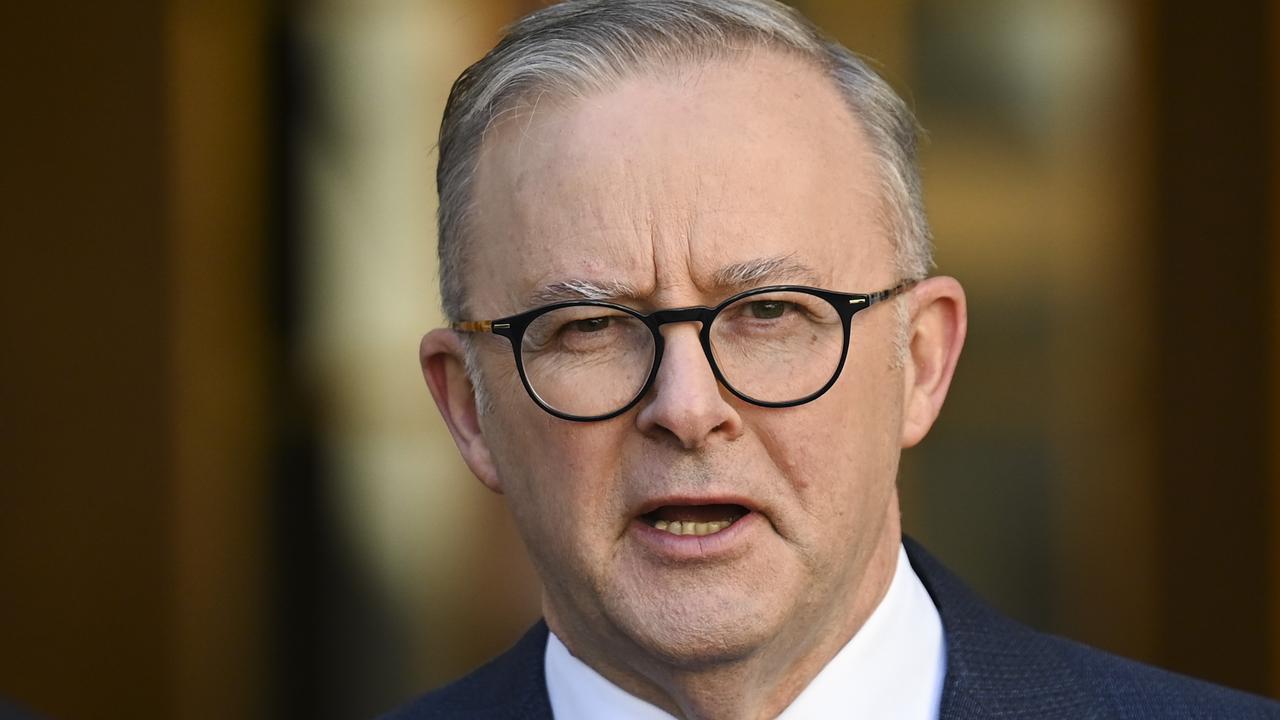No science behind ‘dangerous’ lockdown obsession
Victorians have suffered an unnecessary price by submitting to the hysteria of politicians and enduring world record lockdowns that had no scientific basis.
An expert perspective from beyond the borders seems useful for understanding Victoria’s pandemic response.
A former US presidential health adviser, Dr Scott Atlas, has expressed concerns about the future handling of Covid-19.
In an interview with The Australian, he included Australia in his hit list of overreacting nations.
His language to describe draconian measures was forthright: “shocking”, “destructive”, “ineffective”, “unscientific”.
Atlas was commenting on the kinds of lockdowns and restrictions that have defined the Victorian response. He thinks the tendency for overreach, both here and elsewhere, will continue into next year.
His prediction is based on a simple conclusion: “There remains an almost bizarre lack of understanding that the virus will not simply disappear.”
The nation is shaking off the privations of 2020 and 2021. Optimism has been officially encouraged, albeit with caution, that international students and tourists will return.
Even the evolution of the Omicron variant could be a plus: if it sweeps through, and does not severely harm those it infects, Australia’s position is strengthened.
In other good signs, The Economist has declared that Covid will probably fade away in 2022.
Pandemics do not die out.
“True, there will be local and seasonal flare-ups, especially in chronically undervaccinated countries,” the magazine wrote in November.
“Epidemiologists will also need to watch out for new variants that might be capable of outflanking the immunity provided by vaccines. Even so, over the coming years, as Covid settles into its fate as an endemic disease, like flu or the common cold, life in most of the world is likely to return to normal — at least, the post-pandemic normal.”
But what is the new normal? It depends where you live.
In Western Australia, Premier Mark McGowan continues to play the political equivalent of a nightclub bouncer by promising instant and unequivocal responses to the merest hint of trouble.
The signs here are that Victoria and Victorians would not so readily replicate the kneejerk responses that marked the 2021 response.
Yet many Victorians feel suspicious. Tens of thousands of people keep protesting about the threat of lockdowns, and the passing of new laws which further concentrate absolute power.
On this issue, former ALP Minister Adem Somyurek kept piling on his former friend, Premier Dan Andrews, yesterday.
Mr Somyurek told 3AW that Andrews’ style was “dictatorial” and “dangerous” in an absence of checks and balances.
He said Andrews had shrunk Cabinet during the pandemic and had become “the sole decision maker”.
The system allows Mr Andrews to usurp external decision making process.
“When you want unfettered power, it’s a very dangerous situation to be in,” he said. “I just don’t think he has the patience for process.”
Understanding the past better informs the future.
It seems timely to apply Atlas’ rhetoric: that not only was the Covid response here “hysterical”, but that it was “shocking how people acquiesce to this sort of thing”.
Perhaps this has been the biggest lesson of the pandemic: that we collectively lay down, trembling with fear, to follow various restrictions which did not stem the virus but did make us very miserable.
We bowed to alarmist and inaccurate projections. We suffered for the absolutist absurdity that Covid could be eliminated. The logic for lockdowns came to be self-fulfilling; that being banished to our homes may be bad, but the alternative could only be worse.
Dangerous new variants may emerge next year. But short of a rogue variant which bypasses vaccination protections, there can be no going back.
There are almost no grounds to invoke the new pandemic powers for Covid-19.
No Victorian should be deprived the right to see their mother by Covid-19 health decree. Andrews should match the Opposition’s election promise that there will be no more Covid-19 lockdowns.
More than nine in 10 are vaccinated over the age of 12: those who are not are either young, and unlikely to fall seriously ill, or holdouts who are becoming statistically negligible.
The extreme aspects of the new pandemic laws should have been jettisoned as soon as the Andrews government realised that the public, albeit punch drunk, was deeply resistant. There is a brazen arrogance to minting new laws that appear to perpetuate the overreach of the old laws.
Nor, too, should vaccinations be mandatory any longer in certain sectors.
We have done enough and, in doing so, suffered an unnecessary price which belongs in the past.
Yet the question remains, as Atlas roundly couched it: why did Victorians meekly submit to the “hysteria and mismanagement” of its leaders?





